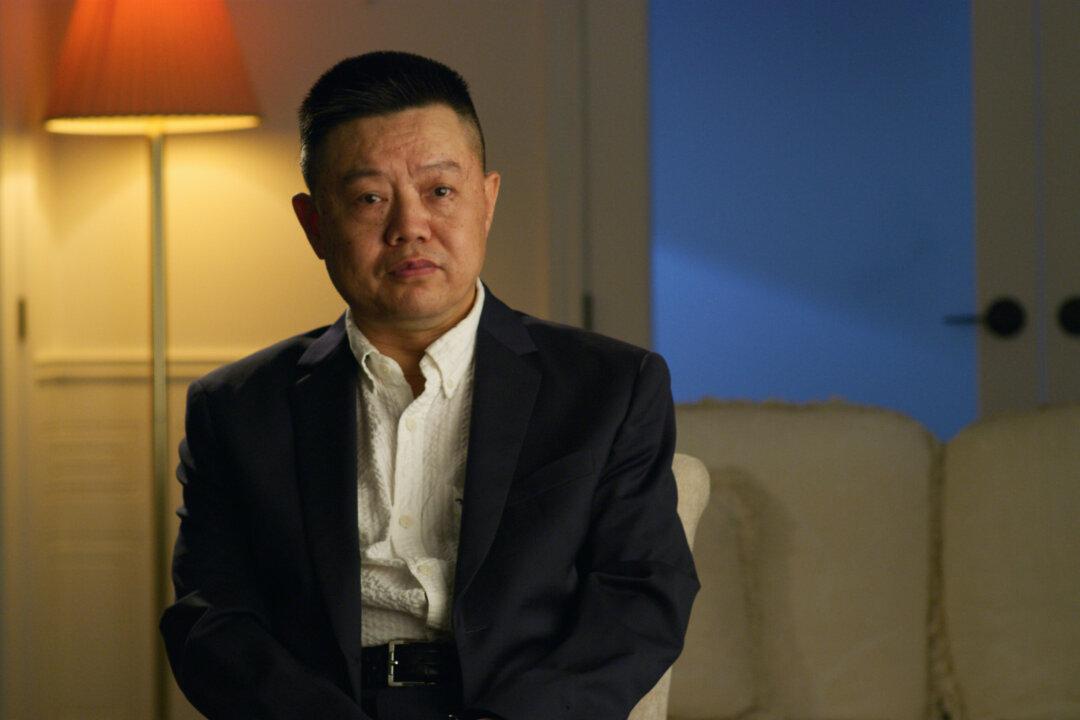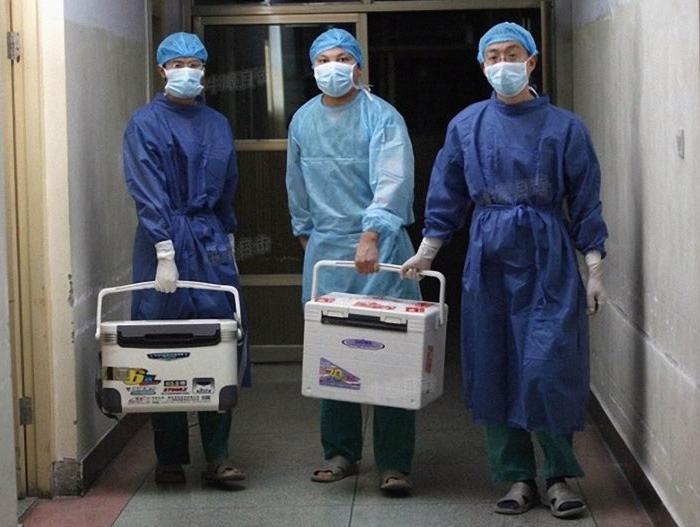Stepping into a van guarded by armed soldiers alongside five other surgeons and nurses, Dr. Zheng Zhi didn’t know that he was entering a world that would haunt him for the next quarter century.
Dr. Zheng, then a resident doctor at one of China’s largest military hospitals, knew little more than that they were on a “secret military mission” close to a military prison located near the northeastern Chinese city of Dalian.
A light-blue fabric covered the four sides of the vehicle, shielding it from any curious glances.
When the door opened again, four burly soldiers carried in a man whose limbs were bound with thin ropes that had cut deeply into his flesh. The man was no more than 18 years old; his organs, the surgical crew had been told the day before, were “healthy, fresh.”
A doctor instructed Dr. Zheng to “step on” the man’s legs and “don’t let him move.” He pressed the man’s legs down with his hands and, to his shock, they were warm to the touch. Blood was now flowing from the man’s throat.
He watched a doctor slice open the man’s stomach and two others reach in to remove a kidney each. The man’s legs twitched and his throat moved—although no sound came out.
“Cut his artery and veins, quick!” a doctor told Dr. Zheng. As he did so, so much blood gushed out that it splashed all over Dr. Zheng’s gown and gloves. That was when he got the order to extract the man’s eyes.
Dr. Zheng looked at the man’s face. Staring back at him was a pair of wide-open eyes.
“It was horrifying beyond words. He was looking right at me. His eyelids were moving. He was alive,” Dr. Zheng recounted during an interview with The Epoch Times in July, the first time he agreed to use his real name to recount his story.
But in that van in 1994, little did he know he was party to what would soon become an industrialized killing apparatus set up to extract organs from prisoners of conscience and sell them on demand.
In the van, he told the other doctors, “I can’t do this.” He felt his brain empty out as he sat there, shaky, sweating, and paralyzed.
The doctor across from him immediately pressed the man’s head to the floor of the van. With two fingers pressed on the eyelids and with a hemostat in another hand, the doctor clamped each of the man’s eyes and ripped them out.
Soon, the body, now motionless, was placed in a black plastic bag and taken away by soldiers who were waiting outside. The van sped back to the General Hospital of Shenyang Military Region, where Dr. Zheng did his residency. The nurses quickly gathered up the bloodied medical equipment.
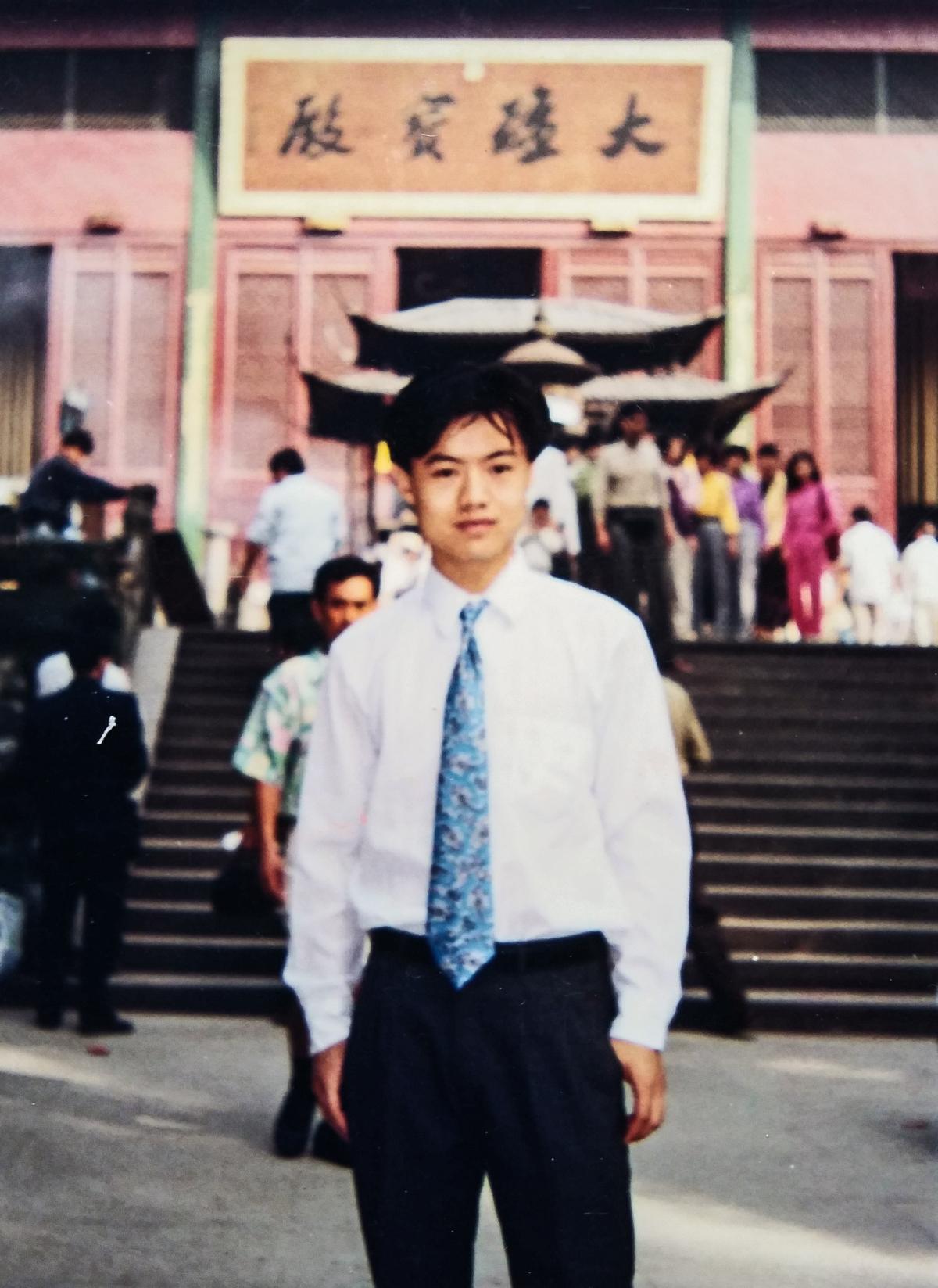
Lights were on in two operation rooms when they reached the hospital. Another team of doctors was waiting to begin the organ transplantations.
Dr. Zheng was too sickened to be useful, even though the department director wanted him to get his hand in at the operating table. He sat watching from a few yards away as the surgery progressed. When the transplant operations were complete, the medical staff went to an upscale restaurant and feasted in silence, although Dr. Zheng said he couldn’t take a bite. After the meal, he took leave, developing a high fever at the same time.
That pair of eyes—desperate, fearful, and pained—has since tormented Dr. Zheng day and night.
“Under the light lay a young life, a fellow human being, whose organs were being harvested while he was alive,” he said.
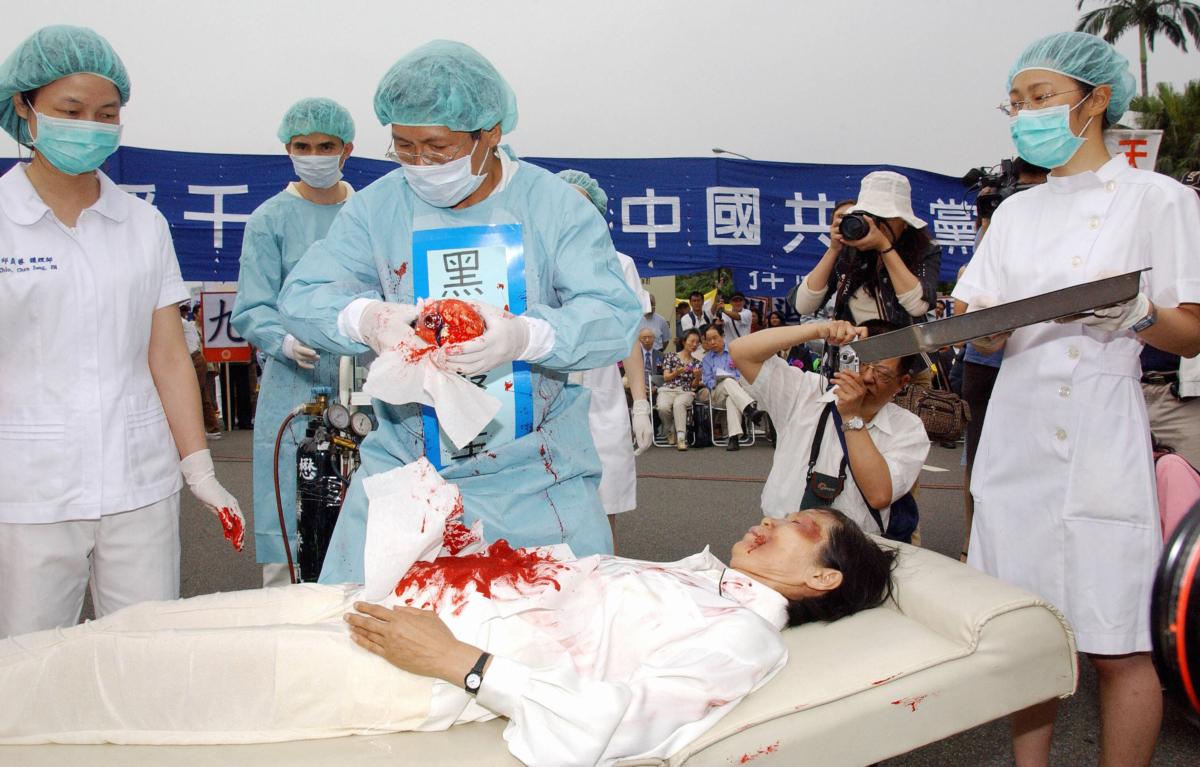
Billion-Dollar Industry
The horror Dr. Zheng witnessed in the van, and afterward at the hospital, took place in 1994, when the regime’s mass-scale forced organ harvesting was still in its infancy.It soon ballooned into a billion-dollar industry, using prisoners of conscience, particularly adherents of the persecuted faith group Falun Gong, to fuel its rise.
Dr. Zheng is one of several witnesses who’ve come forward to The Epoch Times since 2006 to expose the Chinese regime’s grisly practice.
Since then, a multitude of independent reports have provided information on its severity and scale.
U.S. lawmakers have taken steps to prevent Americans from embarking on “transplant tourism” to China, and thus becoming complicit.
‘A Fresh One’
Fear still had a grip on Dr. Zheng as he slowly recounted his story for the first time in 2015, using an alias. During the hours-long interview, he struggled to utter a complete sentence, sometimes with his two hands held tightly to the edge of the table in front of him, other times fidgeting, standing up, or sitting down. His facial expression was contorted as he kept repeating that it was “too horrifying.” Tears filled Dr. Zheng’s eyes as he described in a trembling voice the removal of the young man’s eyes.During his residency at the hospital, Dr. Zheng was favored by his superiors, thanks to his father’s influence in the local communist power circle. His father’s expertise as a skilled doctor in traditional Chinese medicine was sought out by local officials. Some of the top military leaders were frequent guests at his family’s dining table. Knowing this, doctors treated Dr. Zheng deferentially, frequently allowing him to participate in surgeries while other interns couldn’t.
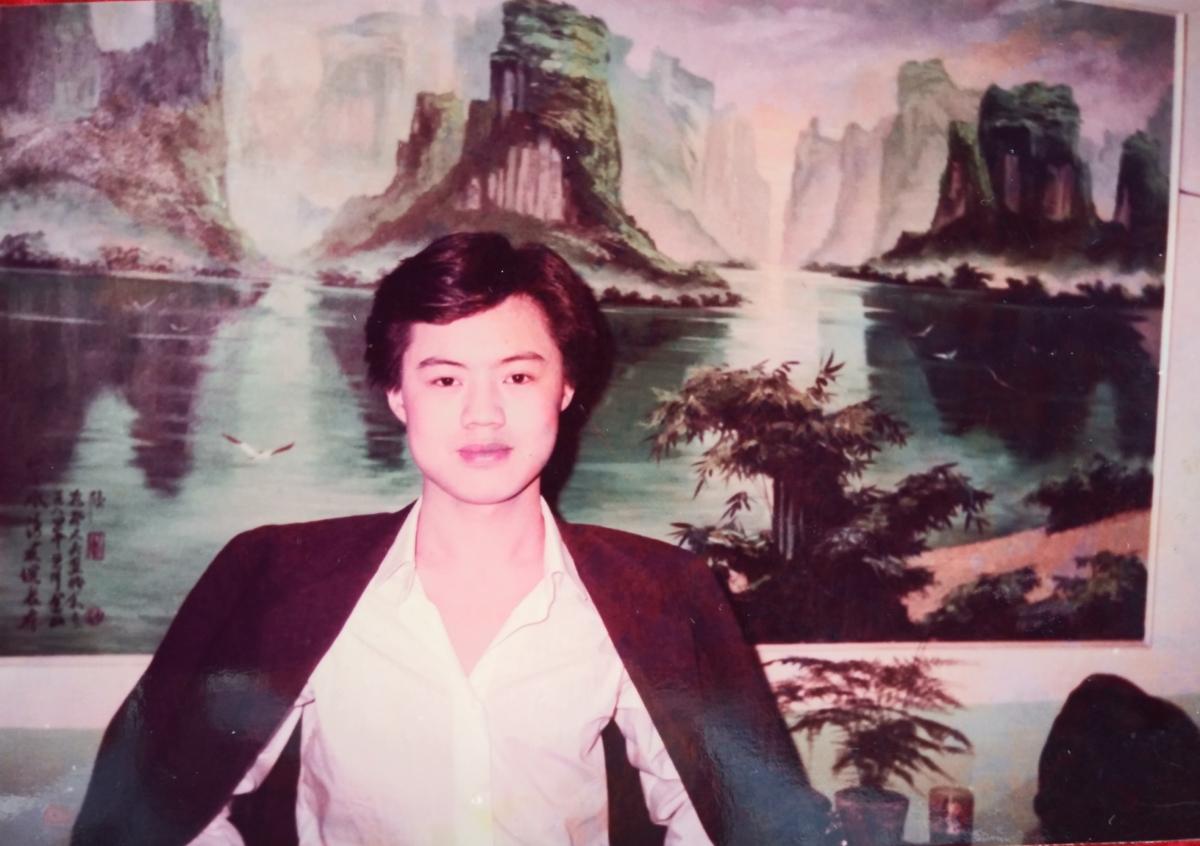
Soon after the organ extraction in the back of the van, Dr. Zheng left the hospital. He became a pediatrician and internist in the city of Liaoyang, about a four-hour drive north of Dalian. But that sense of horror only deepened over time as he glimpsed more from behind the scenes.
In 2002, Dr. Zheng accompanied a military official for his medical checkup, at the hospital where he once interned. The doctor told the official that he needed a new kidney to live.
“[We’ll] pick a top-quality one for you,” another military officer told his superior in the hallway, according to Dr. Zheng. “A fresh one, from a Falun Gong practitioner.”
That was the first time Dr. Zheng heard that Falun Gong adherents were a specific organ source.
On the way home, the official asked Dr. Zheng whether he should get a kidney transplant.
“Don’t do it,” Dr. Zheng replied. “Isn’t that committing a murder?”
It was through that official that Dr. Zheng learned how widespread the practice of forced organ harvesting was in China.
“Armed police and officials above division ranks all know about [organ harvesting], and it’s pretty much known throughout the military. It’s nothing novel,” Dr. Zheng told The Epoch Times.
To make more money, he said, the military had opened many “green passages,” or fast lanes at airports, to quickly transport fresh human organs across the country. The infectious disease units at military hospitals had all become “dens” for forced organ harvesting, he said.
“In about one to two weeks—a month at the longest—a match would be found,” he said.
The official whose kidney was failing opted not to get a transplant. He lived three more years relying on dialysis and died in 2005.
Another acquaintance, an aide to officials at the seven-member Politburo Standing Committee, the core of elite Chinese leadership, told Dr. Zheng something even more shocking.
In the conversation, Dr. Zheng remarked that the persecution of Falun Gong in northeastern China was quite severe.
The acquaintance made no immediate response, but before they parted, he turned and looked straight at Dr. Zheng.
“In Hubei Province’s Wuhan City, under the back garden of the Hubei Province Public Security Bureau, it’s full of detained Falun Gong practitioners. Some are underaged kids,” he said, stopping at every word, according to Dr. Zheng.
“I’ve been there.”
They didn’t discuss it further, but the implication that this was a mass source of organs weighed heavily on Dr. Zheng.
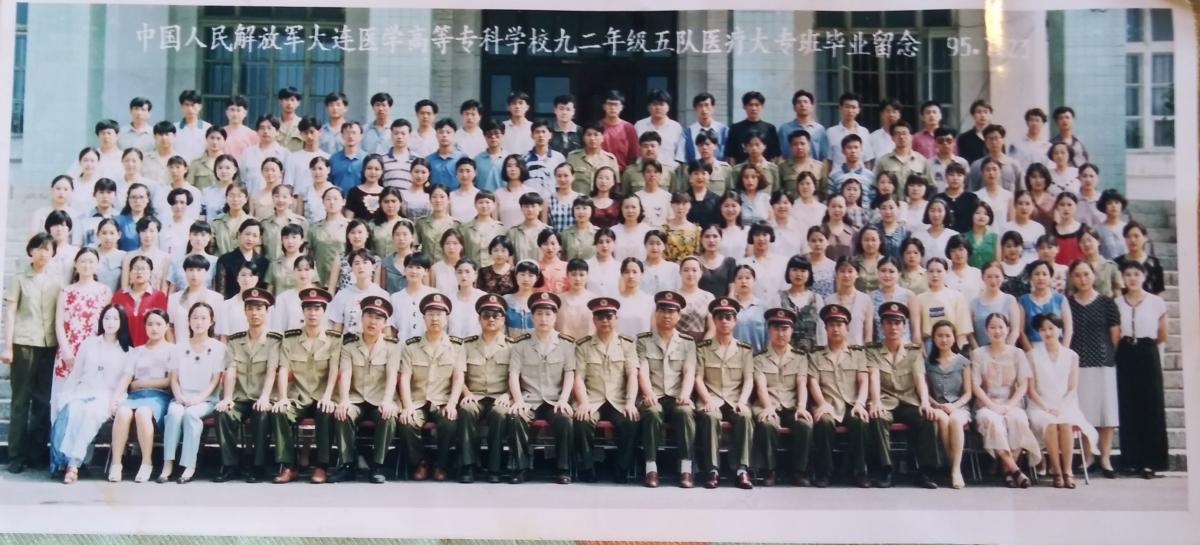
It marked a new piece of evidence that Falun Gong practitioners were targeted for forced organ harvesting.
Dr. Torsten Trey, executive director of the medical ethics group Doctors Against Forced Organ Harvesting, said it was an indicator that “the practice was already widespread in China in 2002,” four years before the first investigative report on the subject was published.
Making a Choice
What the acquaintance said gave Dr. Zheng a “sense of mission” to expose the matter on the international stage, prompting his eventual escape to Thailand in 2005.He obtained refugee status while in Thailand and moved to Canada in 2007.
In 2015, when he told his story for the first time to The Epoch Times, he said he felt so helpless that he wasn’t sure whether to lean on the reporter or the table.
“I felt that I was giving out my life and everything that I have,” he told The Epoch Times earlier this year, recalling the 2015 interview.
“There’s no way to describe how I felt at the time.
“Every word, every sentence I spoke was no different from a choice of life and death. I didn’t know what I’d be bringing to myself.”
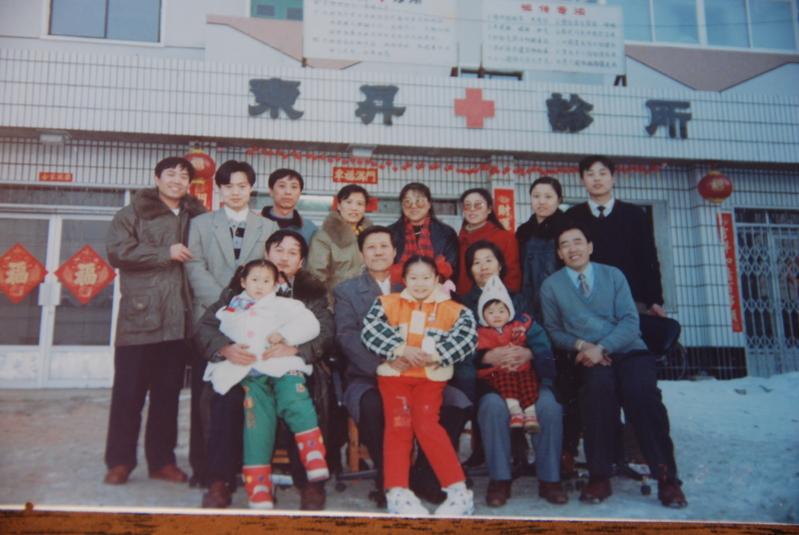
During the eight years since he arrived in Canada, Dr. Zheng was looking for the right media outlet to tell his story to, he said. If he made the wrong choice, not only would he get himself into trouble, but the issue wouldn’t get the spotlight it deserved, he reasoned at the time.
Dr. Trey commended Dr. Zheng’s courage in speaking up.
“It is the foundation for us to understand the cruelty and the extent of China’s barbaric transplant practices,” Dr. Trey said.
“What Dr. Zheng shared with the public is gruesome beyond words, and there is no explanation for why the international medical community is not acting on China’s horrific organ harvesting. Where is the WMA [World Medical Association]? Where is the WHO [World Health Organization]?”
Dr. Trey encouraged other Chinese doctors to follow Dr. Zheng’s example.
“Silence is akin to complicity,” he said.
Dr. Zheng said it was unrealistic for him to not worry about retaliation from Beijing.
“Ordinary people can’t imagine how evil the CCP is,” he said.
“Slaughtering Chinese people and stealing their organs for profit—this is a crime with no bounds.”
He said that as someone living in a free country with a “basic conscience,” he has “no reason to stay silent.”
He has carefully preserved his records, and when the CCP falls and faces judgment, he said, he will take the witness stand.
He has no doubt that “justice will prevail over evil,” he said.
